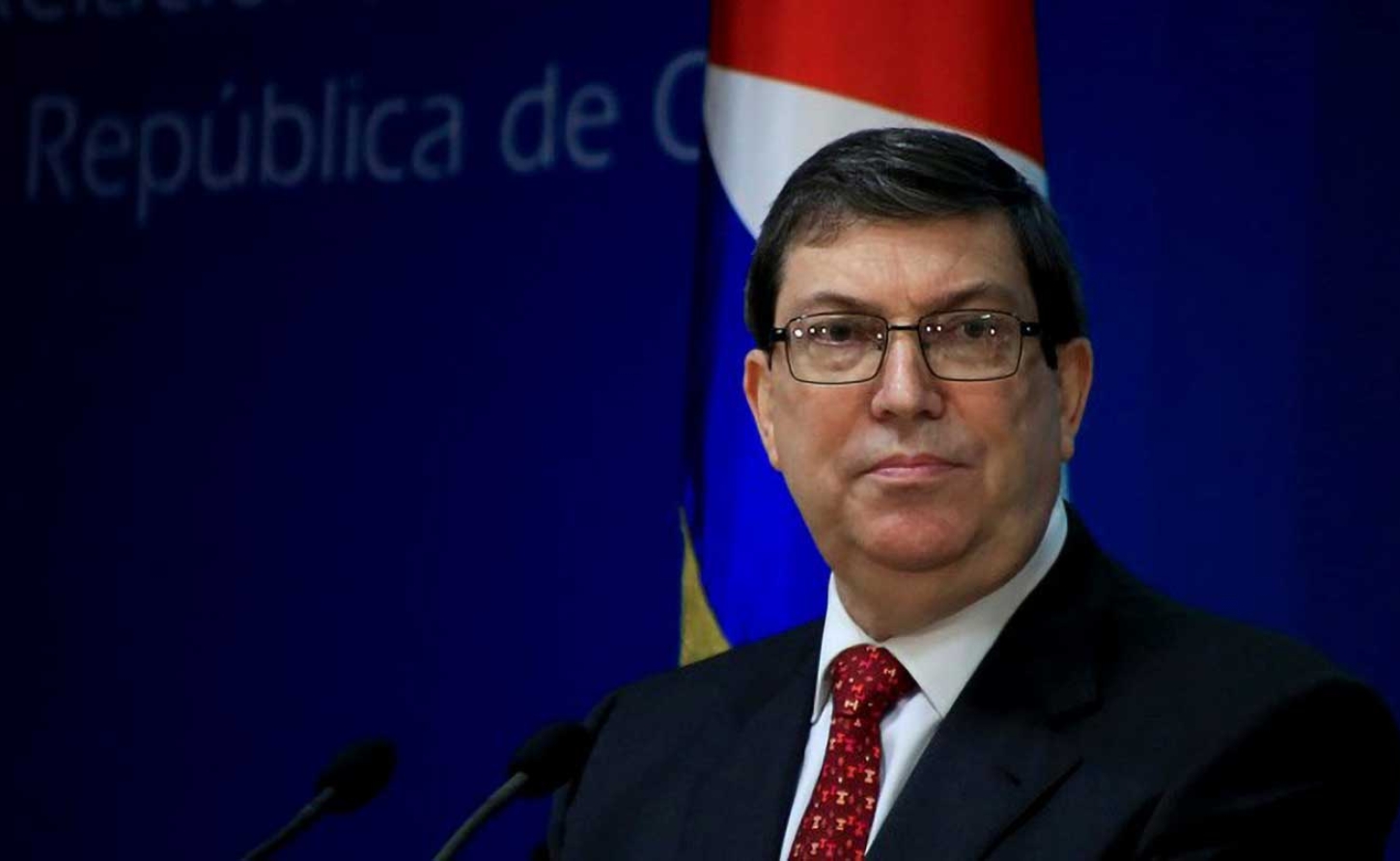CUBA Condemns Israel's Military Action Against Iran, Warns of Nuclear Risks

HAVANA, June 19, 2025 — Cuba's Ministry of Foreign Affairs issued a strongly worded statement Thursday condemning Israel's ongoing military operations against Iran and warning of potentially catastrophic consequences if the conflict escalates further.
The conflict, now in its eighth day, began on June 13 when Israel launched surprise attacks targeting Iranian military and nuclear facilities. Iranian missile attacks have killed 24 Israelis and wounded over 800 since the conflict began, while Israeli strikes have killed several Iranian military leaders and more than 200 Iranian civilians.
Cuban Government Raises Nuclear Concerns
In its statement, the Cuban government expressed "deep concern" about what it characterized as Israel's intensifying war against Iran, specifically highlighting the "imminent risk" of nuclear consequences. The statement warned of potential "radioactive leaks" that could have "disastrous and devastating consequences for humanity."
International Atomic Energy Agency director Rafael Grossi has echoed similar concerns, warning that a strike on Iran's Bushehr nuclear plant could cause "radioactive releases with great consequences" beyond Iran's borders.
Cuba called upon "the American people and the international community to demand the immediate end of the military aggression against Iran," while criticizing what it described as U.S. financial, political and military support for Israel as a "destabilizing factor."
U.S. Role Under Scrutiny
The statement comes as U.S. President Donald Trump weighs American involvement in the conflict, with Israeli officials reportedly waiting for his decision on potential U.S. strikes. Trump announced he would allow two weeks for diplomacy before deciding whether to launch strikes against Iran.
The Cuban foreign ministry statement specifically mentioned "threatening statements and the recent deployment of means of warfare in the region" by the United States, characterizing American actions as representing "a dangerous escalation of the conflict."
Historical Parallels and International Response
Cuba's statement drew comparisons to previous Western military interventions, referencing "the disastrous consequences of previous military interventions in Iraq, Afghanistan and Libya, leaving a trail of chaos, violence and insecurity in those countries and in the regional environment."
The government reiterated its "full solidarity with the Islamic Republic of Iran" and called for "peace through dialogue and negotiations without preconditions or pressure."
The statement aligns with broader international concerns, as UN Secretary-General Antonio Guterres warned that expansion of the Israel-Iran conflict could "ignite a fire no one can control".
"Cuba supports the Statement issued by the Non-Aligned Movement and urges the United Nations General Assembly and Security Council to exercise their primary responsibility to maintain international peace and security; put an immediate end to this aggression, the impunity with which the Zionist regime is acting and work tirelessly to restore peace.
An end must be put to Israel’s attacks against Iran’s peaceful nuclear facilities, in flagrant violation of International Law, and harm to civilians, in breach of International Humanitarian Law," the statement said.
Embassy Operations and Evacuations
Cuba confirmed that its embassy in Tehran remains operational while implementing "necessary safety measures for exceptional situations." The statement noted that "women and children were evacuated from our Embassy, together with three Cuban nationals living in Tehran."
Broader Regional Implications
The Cuban statement emphasized that "only a comprehensive, fair and lasting solution of the Israeli-Palestinian conflict will bring peace to the Middle-East region," connecting the current crisis to the longstanding Israeli-Palestinian dispute.
The government concluded with an urgent appeal, stating: "We must act with the urgency and determination required by this moment. Tomorrow will be too late."
Current Status
As of Thursday, Iranian President Masoud Pezeshkian stated that the only way to end the conflict was for Israel to stop its air attacks, warning that failure to do so would result in "a far more forceful and regrettable response from Iran".
Israel has declared it achieved air superiority over Iran, while Israeli Prime Minister Benjamin Netanyahu has warned his military will "strike all the nuclear facilities" in Iran.
The international community continues to call for de-escalation as the conflict enters its second week, with diplomatic efforts underway to prevent further escalation of what many observers fear could become a broader regional war.
-30-
